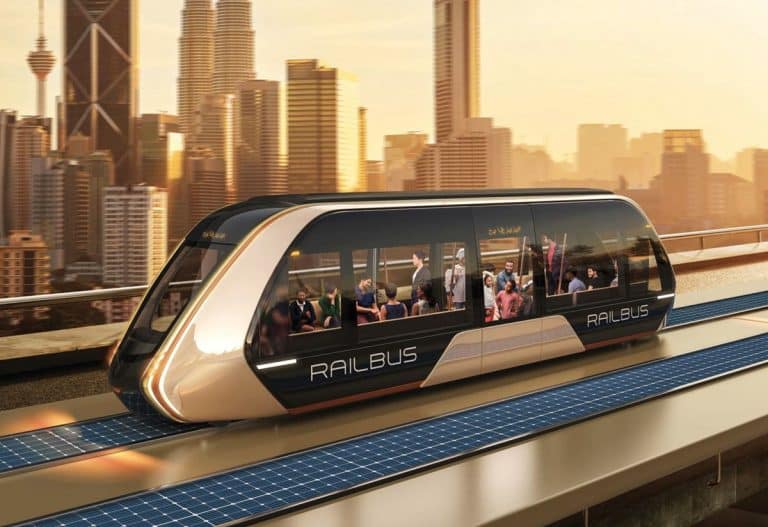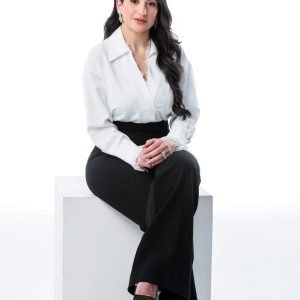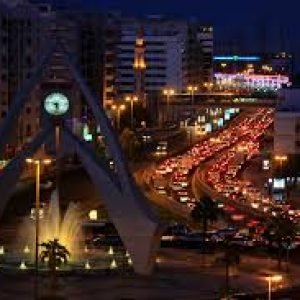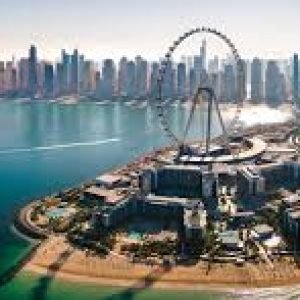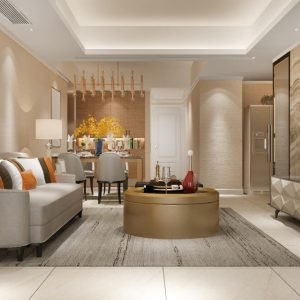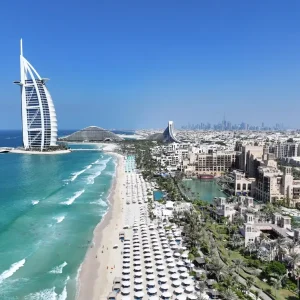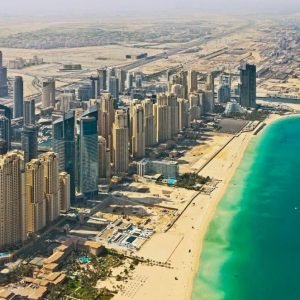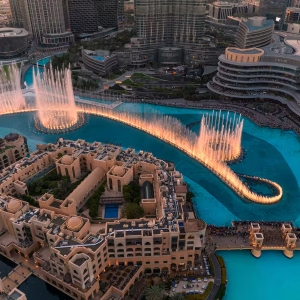Dubai is once again setting global standards in innovation and sustainability. The city has embarked on a groundbreaking project that promises to redefine urban mobility: the Railbus Development Hub (RDH). This ambitious initiative marks a significant step towards a cleaner, smarter, and more sustainable future for public transportation.
The RDH, currently under construction at Dubai Silicon Oasis, spans an impressive 50,000 square feet. Scheduled for completion by May next year, this state-of-the-art facility will serve as the nucleus of Railbus Inc.’s global operations. The hub is designed to accelerate the creation and deployment of sustainable, next-generation transport systems, aligning perfectly with Dubai’s vision of becoming a global leader in smart and sustainable mobility.
A Vision for Sustainable Urban Mobility
The Railbus project is not just about building a new transit system; it’s about reimagining how we move within cities. At its core, the Railbus is a fully electric, solar-powered, autonomous, and elevated transit system. This innovative approach aims to alleviate traffic congestion, reduce carbon emissions, and provide efficient connectivity for urban dwellers.

By operating on elevated tracks, the Railbus minimizes its footprint on the ground, preserving valuable urban space. Its solar-powered design ensures that the system is not only energy-efficient but also environmentally friendly. This aligns with Dubai’s commitment to achieving zero emissions by 2050 and supports the UAE’s broader sustainability goals.
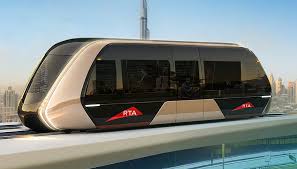
Integrating Innovation with Infrastructure
One of the standout features of the Railbus is its seamless integration with existing urban infrastructure. The system is designed to complement and enhance Dubai’s current public transport network, including the Metro and Tram systems. This integration ensures that the Railbus can serve as an efficient first- and last-mile solution, connecting passengers to major transit hubs and reducing the need for private car usage.

The RDH will house several dedicated zones to support every stage of product development. These include an Engineering and Design Centre, an Assembly and Fabrication Zone, a Testing and Quality Control Lab, an Innovation Lab, a Supplier and Integration Hub, and a Showroom and Executive Boardroom. Each of these areas is purpose-built to foster collaboration, innovation, and efficiency, ensuring that the Railbus system meets the highest standards of quality and performance.
Empowering the Future of Urban Transit
The Railbus project is more than just a technological advancement; it’s a catalyst for change in urban mobility. By embracing solar power and autonomous technology, Dubai is setting a new benchmark for cities worldwide. The RDH will not only centralize engineering and production efforts but also create an environment where innovative ideas can move quickly from concept to reality.
As Anthony Joy, the Head of Engineering at Railbus, aptly stated, “This facility will give our teams the tools and collaborative space needed to deliver world-class sustainable mobility solutions.” The RDH is poised to become a hub of innovation, attracting talent, investment, and ideas that will shape the future of urban transit.
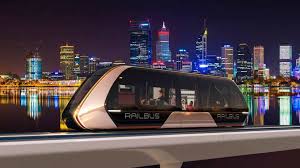
A Commitment to Sustainability and Innovation
Dubai’s commitment to sustainability is evident in every aspect of the Railbus project. From its solar-powered design to its integration with existing infrastructure, the Railbus embodies the city’s dedication to creating a cleaner, more efficient urban environment. The RDH will serve as a testament to Dubai’s leadership in sustainable innovation and its commitment to building a future where technology and the environment coexist harmoniously.
As the world watches, Dubai is proving that bold ideas, when combined with visionary leadership and a commitment to sustainability, can transform the way we live and move. The Railbus is not just a new mode of transport; it’s a glimpse into the future of urban mobility.
Do follow UAE Stories on Instagram

